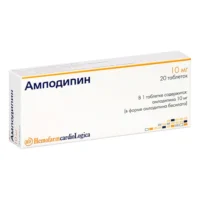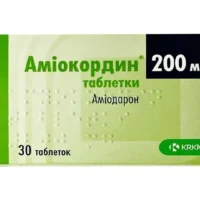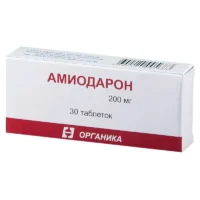Description
Nitroglycerin Sublingual Tablets 0.5 mg. №40 Vial
Ingredients
Active ingredient: Nitroglycerin 0.5 mg per tablet.
Dosage
Dosage: The usual dose is 1 tablet placed under the tongue at the first sign of chest pain. Do not swallow the tablet.
Indications
Indicated for: Relief of acute angina pectoris.
Contraindications
Do not use if:
- You are allergic to nitroglycerin or other nitrates.
- You have severe anemia.
- You have increased intracranial pressure.
Directions
Directions: Place the tablet under the tongue at the first sign of chest pain. Avoid swallowing until the tablet is completely dissolved. Seek emergency medical attention if chest pain persists after 5 minutes.
Scientific Evidence
Nitroglycerin is a vasodilator that relaxes blood vessels, increasing oxygen and blood flow to the heart, and reducing the heart’s workload. Studies have shown its efficacy in relieving angina symptoms and improving exercise tolerance in patients with coronary artery disease.
Additional Information
Nitroglycerin sublingual tablets are fast-acting medications used in angina management. Store in original container at room temperature, away from moisture and heat. Keep out of reach of children.




